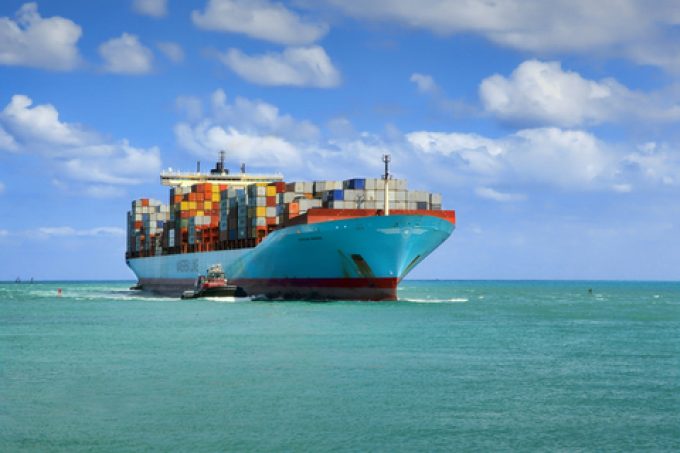Flexport's Petersen: 'It’s been a crazy couple of months” (VIDEO)
Flexport CEO Ryan Petersen joined a PBS’s Amanpour & Company show to discuss how shippers are ...

Flexport claims it has won business during the tariff war and Covid-19 crisis by making better use of data than larger rivals.
“We like to say there’s opportunity in chaos,” said Sanne Manders, the forwarder’s chief operating officer, “because when there’s chaos your competitors are paralysed.
“They are ...

Comment on this article
Jeff Parry
July 17, 2020 at 10:13 pmWhy do you give space and time to Flexport?
If they are such a power in the industry, why are their numbers so low?
From everything I see and read about this company, their senior management have little understanding of the marketplace and how forwarding actually works. Their claims are never backed up by hard facts and they claim numbers that, when they are filed, do not agree with their claims.
Many established forwarders, if any size, actually prove to be more agile than Flexport ever will be. They can turn a switch and magically have solutions to complex problems? Technology alone is not capable of this.